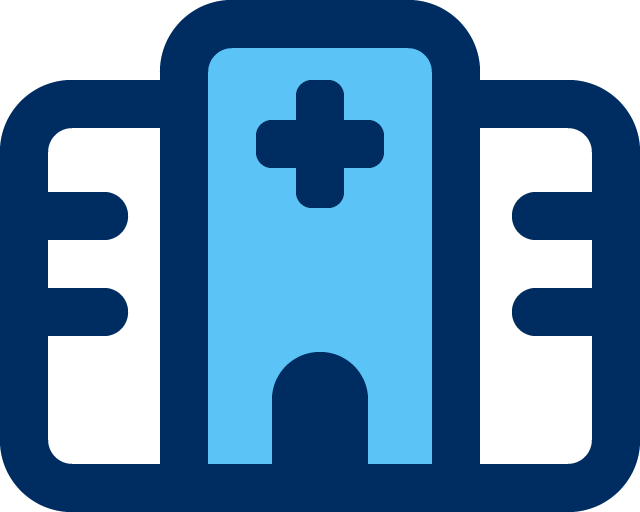Module 4. The Intersection of Healthcare and Public Health Systems

In Module 4, you’ll explore the intersection between healthcare and public health systems and examine the historical divide between medical education and public health, its roots, and its ongoing impact. The module includes an overview of the U.S. healthcare system—highlighting its strengths, weaknesses, and persistent disparities. You’ll also analyze health policy through a public health […]
Lesson 3. Risk: Exposure and Disease
Using a clinical lens, this module allows you to take the principles learned in Lesson 2 of this module and apply them to the care of patients for both prevention and treatment, thereby improving health outcomes. Exposure to disease Required reading Clinical Epidemiology: The Essentials, Chapter 6, (P92–110) Studies of risk. Ways to express and […]
Lesson 2. Risk: Basic Principles
Risk involves uncertainty about the outcomes of an activity that we value. In clinical practice, we talk about the risk of a disease or an adverse outcome based upon behaviors or activities. We deal with risk in most of our patient encounters. We take a patient’s history, to include family and social histories, that may […]
Lesson 1. Introduction to Clinical Epidemiology
Clinical Epidemiology takes the fundamental science of public health and applies it to the clinical setting. This allows physicians to use population-based data and research to support clinical care. As physicians, the most important consideration we have is the health and wellbeing of the patients we serve, i.e., health outcomes. For individuals, these include symptoms, […]
Module 3. The Science of Public Health

In Module 3, you will engage with the required reading, Clinical Epidemiology—The Essentials by Grant S. Fletcher (6e), as the primary source of content. These lessons will: Introduce you to the field and purpose of clinical epidemiology. Understand the basic principles of risk. Dive deeper into risk by looking at the principles in the context […]
Lesson 4 knowledge check
Select the best answer. These questions are for self-study only. Answers will not be evaluated or saved. Question 1 Which historical physician is most often cited as an early advocate for addressing social determinants of health? Explanation Dr. Rudolf Virchow was a pioneer in recognizing that social and political factors, such as poverty and corruption, […]
Lesson 3 knowledge check
Select the best answer. These questions are for self-study only. Answers will not be evaluated or saved. Question 1 Which approach best aligns with a systemic-level intervention for addressing social determinants of health? Explanation Systemic interventions target large-scale societal issues such as environmental injustice and redlining, whereas individual and community-level strategies focus on direct patient […]
Lesson 2 knowledge check
Select the best answer. These questions are for self-study only. Answers will not be evaluated or saved. Question 1 Which of the following best explains the intersectionality of health disparities? Explanation Health disparities are influenced by multiple intersecting factors, including socioeconomic status, race/ethnicity, gender, and geography, leading to compounded disadvantages. Question 2 How do geographic […]
Lesson 1 knowledge check
Select the best answer. These questions are for self-study only. Answers will not be evaluated or saved. Question 1 What are Social Determinants of Health (SDoH)? Question 2 Which of the following is NOT an example of an SDoH? Question 3 Why is addressing SDoH important in public health? Question 4 According to research, how […]